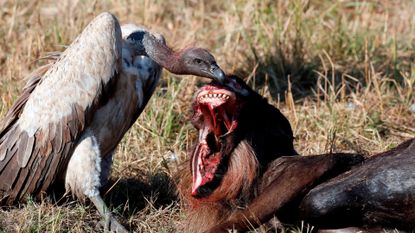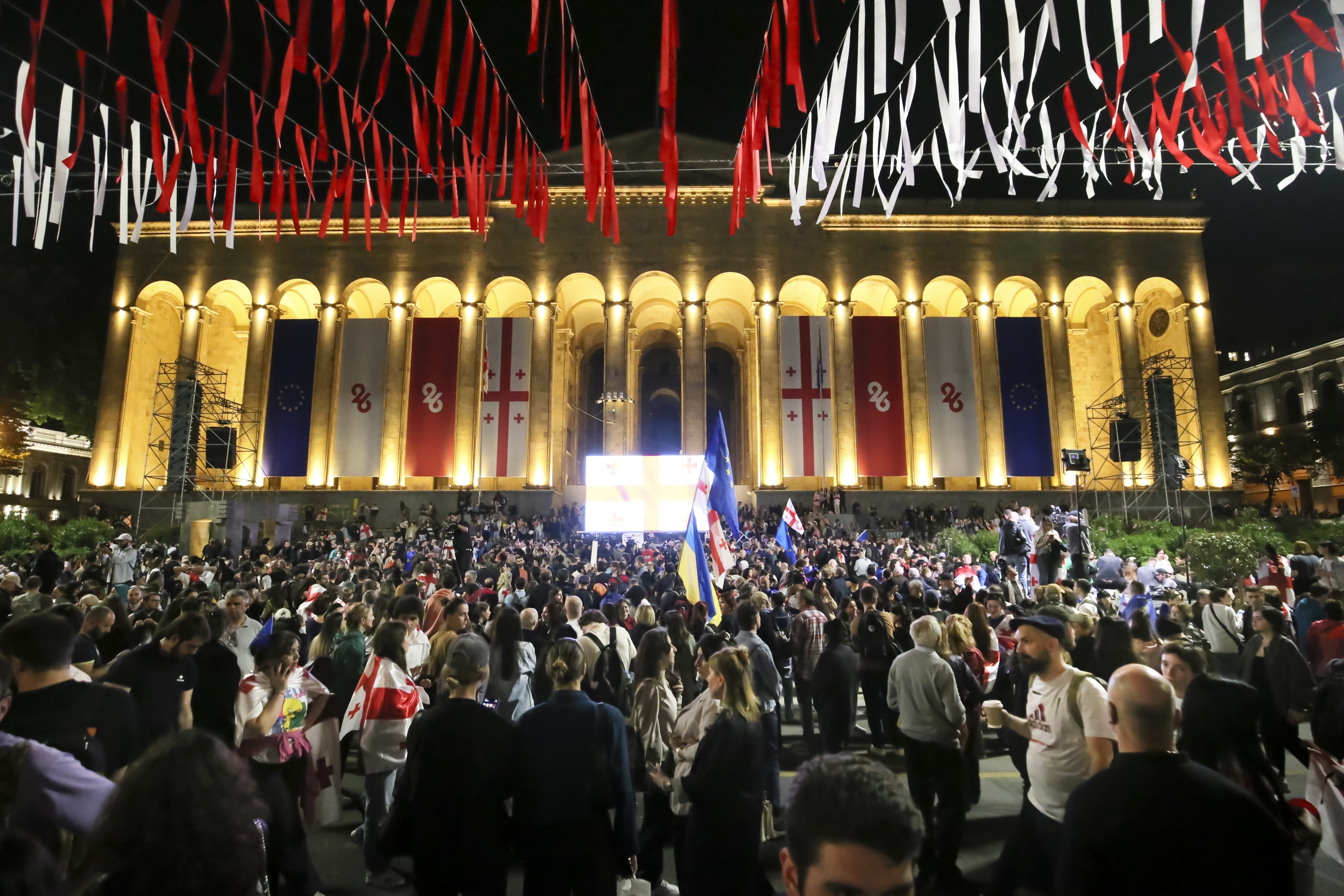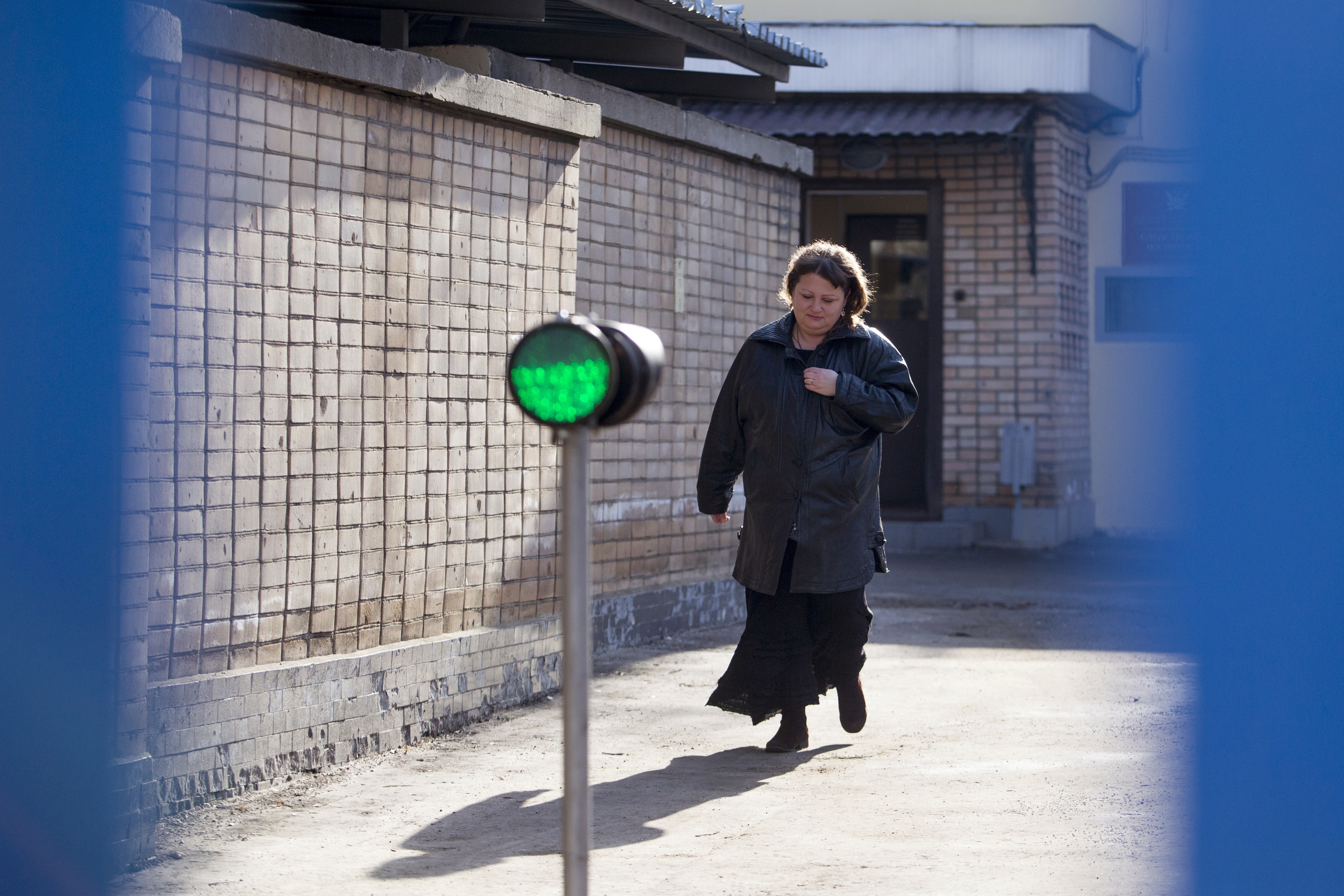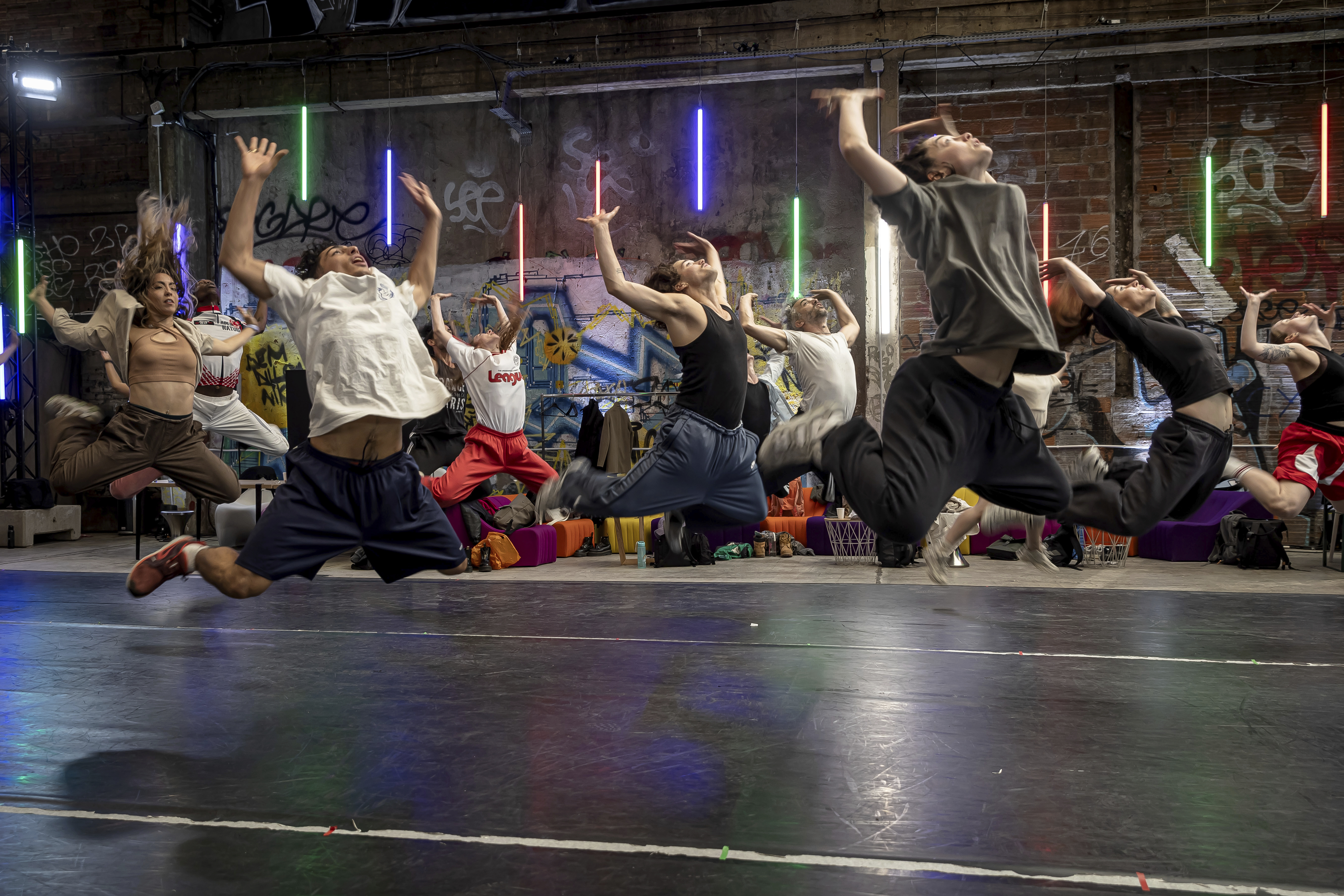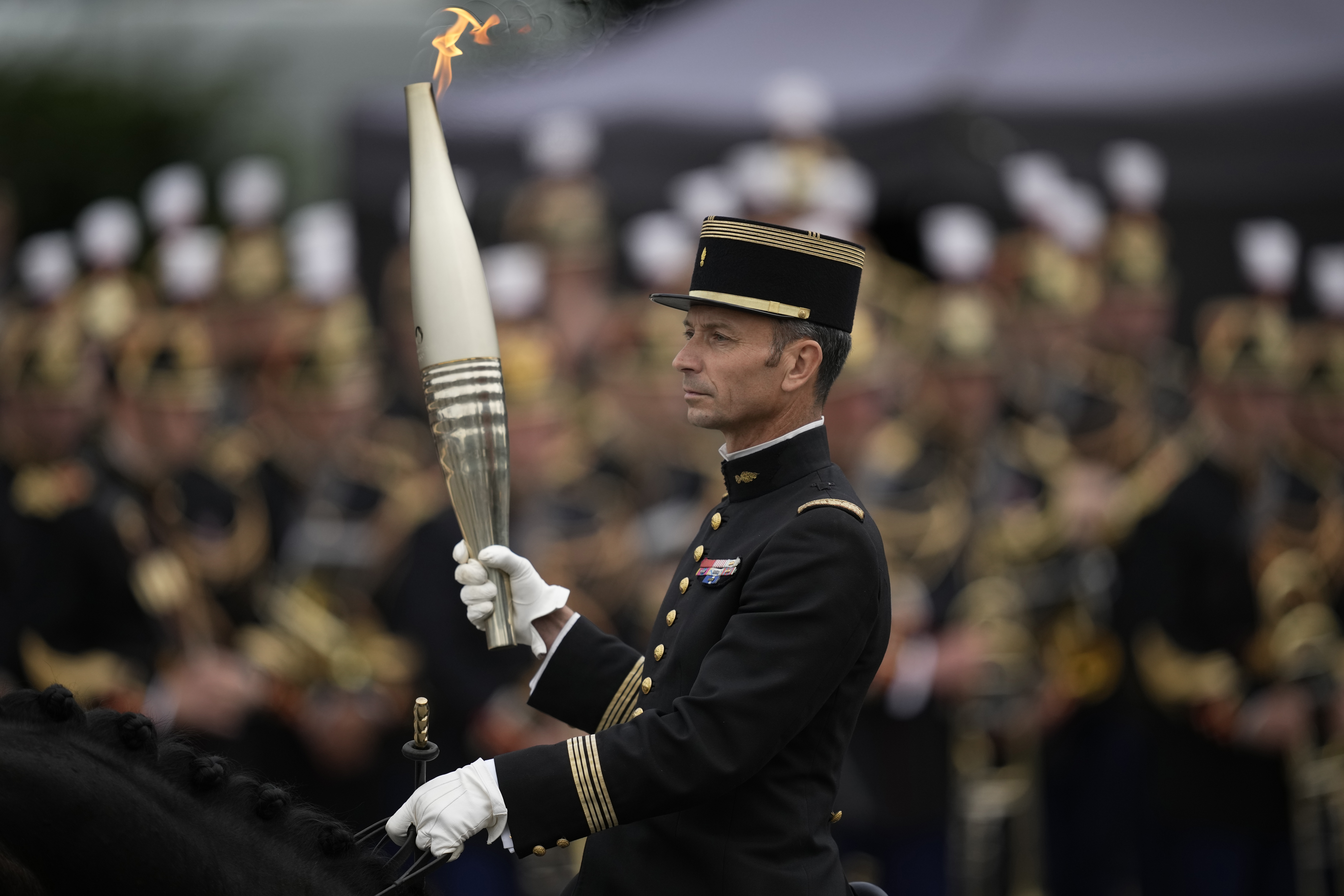Russian propagandist justifies missile strike on Ukraine’s main children’s hospital because Ukrainians 'are not people'

Russia’s missile attack on Okhmatdyr, Ukraine’s main children’s hospital, aroused enough international outrage for Moscow to go into denial mode. Not so, however, Russian propagandists, one of whom positively told Russians to quit making excuses. The strike was no accident, according to Andrei Perla, a columnist for Tsargrad, and can be repeated as Ukrainian children, any Ukrainians “cannot be considered people”.
The official Russian defence ministry line was, and seemingly remains, that all Russia’s exclusively military aims on 8 July had been achieved. Any missile strike on the youngest cancer patients and children needing dialysis had, purportedly, been caused by a Ukrainian air defence rocket. Or, the regular favourite, it was ‘Ukrainian provocation’.
This official version can be easily refuted, but should not be ignored, since similar denials, about Russian atrocities in Bucha, Mariupol and other Ukrainian cities have been used as justification for sentencing Russians, who reported the truth, to lengthy terms of imprisonment. Russian propagandist Andrei Perla has not only acknowledged, in an officially registered Russian media, that Russia carried out the missile strike, but states, in the title, that “the children’s hospital in Kyiv was no accident”. So where are the criminal proceedings under Article 207.3 of Russia’s criminal code (for so-called ‘military fakes’)? There have been no criminal charges, and virtually no scandal, although the original article, posted on 8 July 2024, may have been quietly removed.
Screenshots remain available of the article which appeared on Tsargrad on 8 July, under the title ‘The children’s hospital in Kyiv is no accident. It’s time to admit this and stop being afraid.’ The Tsargrad ‘collage’ under this title shows three small children looking up as a bomb is dropped from a fighter plane. The argument is that used by all those who advocate genocide: Russia’s armed forces need not avoid targeting children or any civilians as “there are no people on the other side”.

In his own words:
“The pitiless law of war is very simple – such enemies cannot be considered people. We must acknowledge the simple and terrible [truth] that there are no people on the other side. Not one person. Our missiles do not kill people, not one person. There are no people there.”
“Simple and terrible, but we shouldn’t try to justify ourselves for hitting a children’s hospital. We need to say: do you want it to stop? Then surrender. Capitulate. And then, perhaps, we will spare you.
“If we don’t forbid ourselves from viewing them as people, from pitying them, protecting them – we will weaken ourselves. We will restrict our ability to save our own children. We will obstruct the path to Victory.”
“If the aim of the SMO* is to ensure Russia’s security, denazify and demilitarize Ukraine, then the path to this aim is for surviving Nazis [sic] and all their families to have to flee in panic to the West. Before the Polish border. From shelling. From the ruins of their cities and homes, losing on the way their blue and yellow flags and slippers.”
In May 2022, over 30 international human rights lawyers and scholars issued a stark warning that there was a serious risk of Russian genocide in Ukraine. Among the features they pointed to was the clear incitement to genocide from both Russia’s leaders and the state media, like Russia Today. They cited the rhetoric and terms used to dehumanize Ukrainians and attempts to “portray a substantial segment or an entire generation of Ukrainians as Nazis and mortal enemies, rendering them legitimate or necessary targets for destruction.” There have, in fact, been numerous studies since then of such incitement, with those most openly engaged in such hate speech including Dmitry Medvedev, former (nominal) Russian president, close ally of Russian leader Vladimir Putin and effective head of Russia’s security council. Medvedev has repeatedly cast into doubt Ukraine’s continued existence as a sovereign state and recently declared, quite unequivocally, that Russia will not stop until it seizes all Ukrainian territory. In June 2024, the International Federation for Human Rights, together with the Kharkiv Human Rights Protection Group (KHPG), the Centre for Civil Liberties and a Russian NGO lodged a legal submission with the International Criminal Court. They called on the Court to take action against Medvedev and five top Russian propagandists for their use of hate speech to fuel international crimes in Ukraine.
It has been clear, in fact, since 2014, that Russia’s state media were directly involved in Russian warmongering and anti-Ukrainian rhetoric. Former employees of state media have revealed how orders on the language to be used, the narrative about Ukraine, etc. all came from the Kremlin.
For this reason, it is disturbing that Perla’s words have not caused any major scandal. Even in October 2022, children proved to be a red line not to be crossed even by Anton Krasovsky, then the broadcasting director for Russia Today and virulent in his hate speech against Ukraine. In a talk show, he proposed that Ukrainian children be drowned and burned. In the same show, he also claimed that elderly Ukrainians wanted to be raped, that Ukraine had no right to exist and that those with whom it would be difficult to share one country should be shot, however it was only the words about children that resulted in RT chief and leading Kremlin propagandist Margarita Simonyan announcing that he was to be dismissed.
Almost two years later, the reaction from Russians has largely been limited to those Russians forced to live in exile and / or to publish even social media comments as being those of a so-called ‘foreign agent’. While the Tsargrad media group is not, at least officially, state-funded, it is the outlet of Konstantin Malofeev, the Russian ‘businessman’ and close Putin ally who has been under western sanctions since 2014 for his role in Russia’s aggression against Ukraine. There has been no official, nor mass, outrage at all although Perla not only stated that Russia had bombed the children’s hospital, but that this was, supposedly, a legitimate thing to do.






